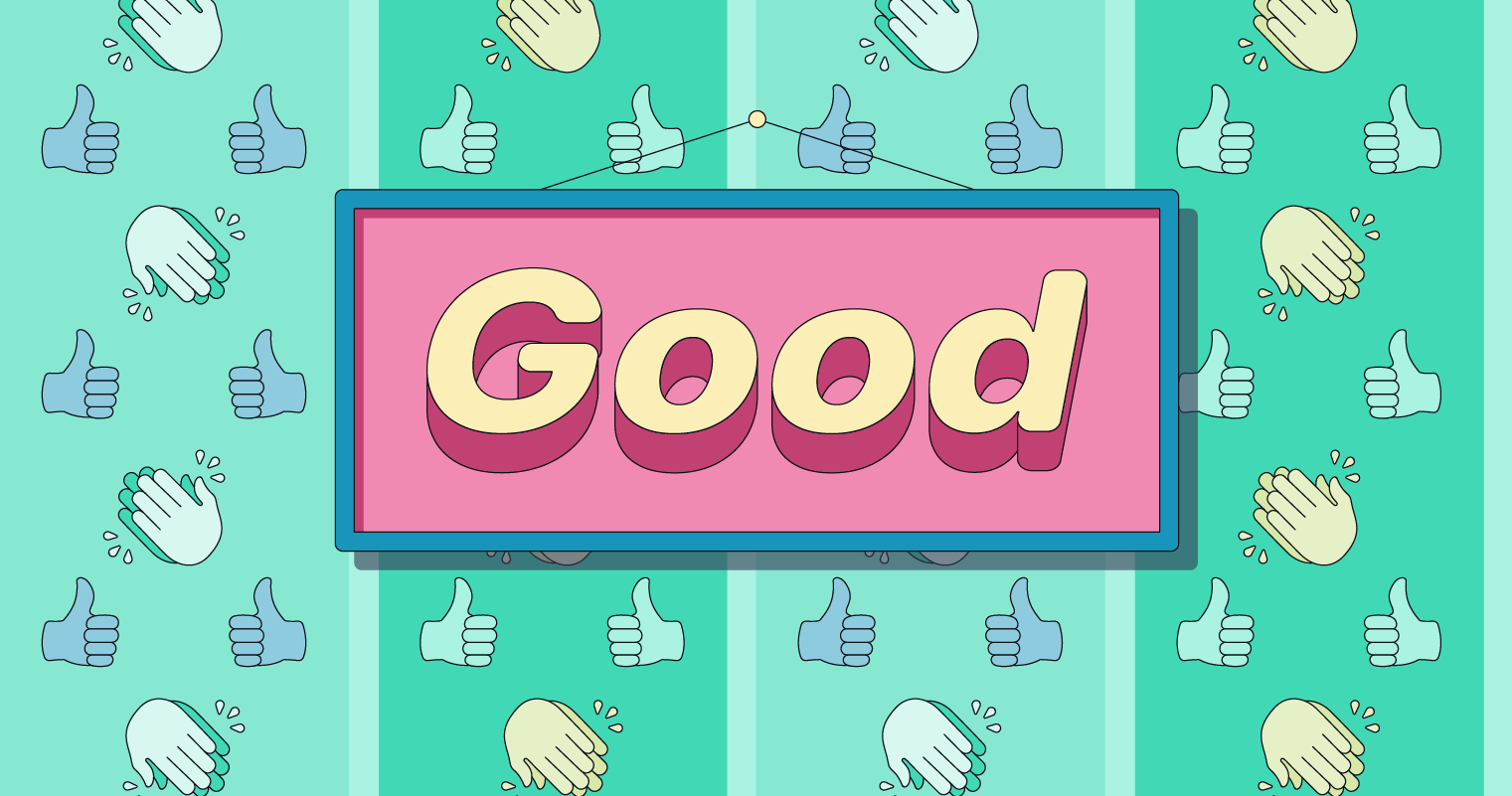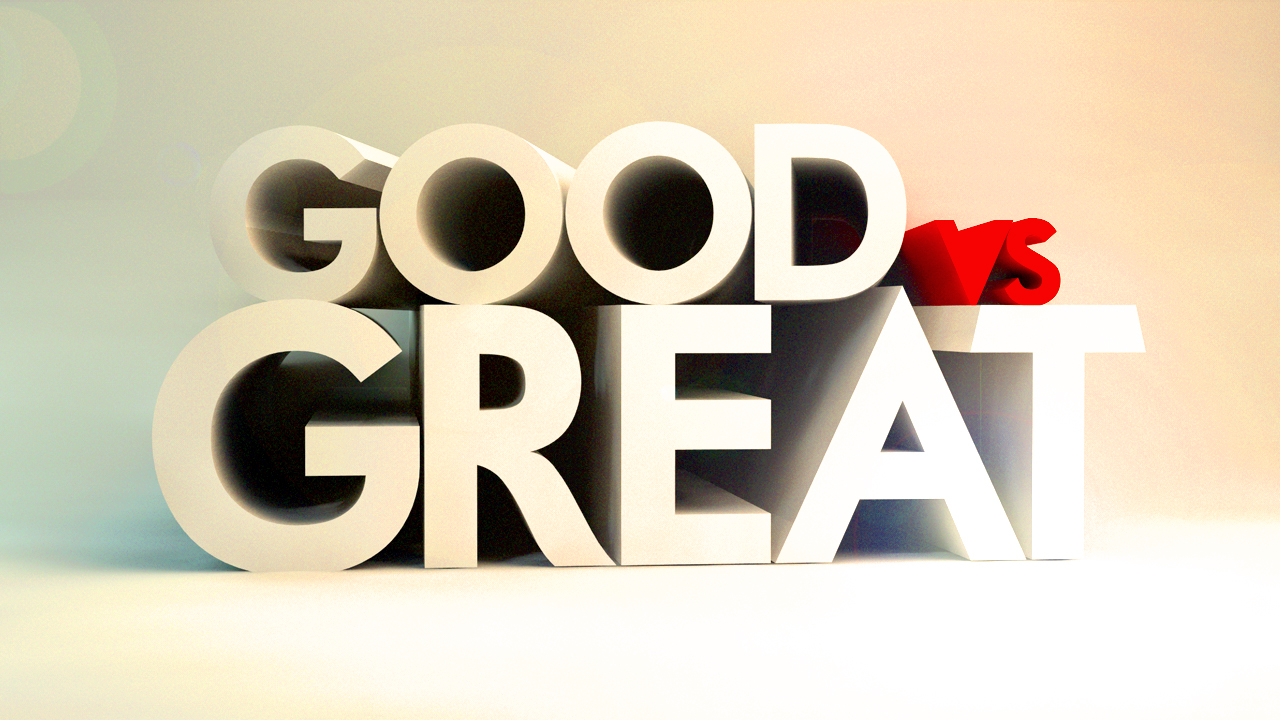There's a special charm to starting your day with words that carry a bit of history and a sense of place, so it's almost like giving your morning a warm, welcoming hug. For many, the idea of saying "good morning" in a language like Gaelic feels like a small step into a much larger, very interesting cultural story. It is that feeling of connecting with something a little different, something rooted in the past, which makes these simple phrases so appealing.
When you think about it, a morning greeting is more than just a set of words; it's a way we acknowledge each other, a little nod to the start of a fresh day. In the case of Gaelic, or Gàidhlig as it's known to its speakers, these everyday phrases are small pieces of a living heritage, a language that has seen centuries of sunrises and sunsets. Learning even a little bit can feel like finding a hidden gem, you know, something that brings a unique sparkle to your interactions.
This isn't about becoming fluent overnight, not at all, but rather about appreciating the beauty and depth that a language like Gaelic offers, even in its most common expressions. It's about opening up to a different way of seeing the world, perhaps adding a touch of the Scottish Highlands or the Irish landscape to your daily routine, you see. And honestly, it’s a fairly pleasant way to greet someone, a little bit out of the ordinary, but in a good way.
Table of Contents
- What is the Gaelic Way to Say Good Morning?
- How Do We Say Good Morning Gaelic Just Right?
- Why Bother with Good Morning Gaelic?
- Are There Other Ways to Greet the Day with Good Morning Gaelic?
- More Than Just a Greeting
- The Sound of the Language
- A Living Heritage
- Sharing the Good Morning Gaelic Spirit
What is the Gaelic Way to Say Good Morning?
The standard phrase you're probably thinking about, the one that means "good morning" in Gaelic, is "Madainn mhath." It's pretty straightforward, actually. The first word, "Madainn," means "morning," and "mhath" means "good." When they come together, they create that friendly greeting we are looking for. It's a phrase that carries a lot of warmth, and it's something people truly appreciate when they hear it, especially if they have a connection to the culture. You know, it's like a little nod of respect, in a way.
Now, while it seems simple enough, the way you say it makes a real difference. Languages like Gaelic have sounds that might not be familiar to speakers of English, so getting the pronunciation down can be a little bit of a fun challenge. It's not about being perfect, mind you, but more about making an honest effort to speak the words as they were meant to be spoken. That, essentially, is what makes the greeting feel genuine, don't you think?
It's also worth noting that Gaelic, as a language, has a few different dialects, so sometimes you might hear slight variations in how things are said depending on where in Scotland or Ireland someone is from. But "Madainn mhath" is generally understood across the board. It's a very common and accepted way to offer a pleasant start to someone's day, and it's something that, you know, just feels right when you say it.
How Do We Say Good Morning Gaelic Just Right?
Getting the sounds right for "Madainn mhath" can feel a bit like trying a new kind of food for the first time; it's different, but very rewarding once you get the hang of it. For "Madainn," you want to aim for something that sounds a little like "MAH-tin." The "a" sound is more like the "a" in "father," and the "dd" is pretty soft, not like the hard "d" you find in "dog." It's a gentle sound, almost like a whisper, in a way.
Then there's "mhath," which is probably the part that gives most people a little bit of a pause. The "mh" sound at the beginning is not like an "m" at all. Instead, it's a sound that comes from the back of your throat, a bit like the "v" in "very," but even softer, sometimes almost like a "w." So, "mhath" sounds more like "vah" or "wah," with the "a" again like the "a" in "father." Putting it all together, you're aiming for something like "MAH-tin vah." It takes a little practice, honestly, but it's really not too difficult once you try it a few times.
The best way to get a feel for it is to listen to native speakers, of course. There are many resources online where you can hear the phrase spoken, and that's usually the quickest path to getting the sounds down accurately. Just hearing it a few times can make a big difference, you know, in how confidently you say it. And remember, people will appreciate the effort, even if your pronunciation isn't absolutely perfect. It's the thought that counts, in a manner of speaking.
Why Bother with Good Morning Gaelic?
You might wonder why someone would take the time to learn "Madainn mhath" when "good morning" works perfectly well for most situations. Well, it's about more than just getting a message across, you see. It's about connecting with a culture, showing a bit of appreciation for a heritage that has faced its share of challenges over the years. When you use a phrase like this, you're not just speaking words; you're acknowledging a history, a people, and a way of life that is very rich and interesting.
For those who have Scottish or Irish ancestry, using a Gaelic greeting can feel like coming home, in a sense. It's a small but significant way to honor their family's past and keep a piece of that tradition alive. It's a pretty powerful feeling, actually, to speak words that your ancestors might have spoken hundreds of years ago. It’s a connection that runs deeper than just everyday chat, you know.
And even if you have no direct family ties, simply showing an interest in another language and culture is a truly good thing. It broadens your own view of the world and opens you up to new experiences. People generally respond very positively when you make an effort to speak a few words of their language, and Gaelic speakers are no different. It's a friendly gesture, a way of saying, "I see you, and I appreciate your background," which is a very nice thing to do, I think.
Are There Other Ways to Greet the Day with Good Morning Gaelic?
While "Madainn mhath" is the go-to phrase for "good morning" in Scottish Gaelic, the Irish Gaelic equivalent is a little different, just so you know. In Irish, you'd typically say "Maidin mhaith." It's similar, certainly, but the spelling and the sound of "mhaith" are distinct. The "mh" in Irish Gaelic often sounds more like a "w" or a soft "v," so "Maidin mhaith" comes out closer to "MAH-jin wah." It's important to keep these differences in mind if you're speaking with someone from Ireland versus Scotland, or even just trying to be precise about which form you are using.
Sometimes, people might also add a little something extra to their greeting, depending on the situation or how familiar they are with the person they're talking to. For example, you might hear "Madainn mhath dhut," which means "good morning to you" (singular, informal). Or, if you're speaking to more than one person, or being more formal, you could say "Madainn mhath dhuibh," which means "good morning to you all" or "good morning to you" (plural/formal). These additions just make the greeting a little more complete, in a way, and show a bit more thought, you know.
It's a bit like how in English you might say "Good morning!" or "Good morning to you!" The core message is the same, but the added words give it a slightly different feel. Learning these small variations can really help you sound more natural and confident when you're speaking, and it also shows that you've taken the time to really get a handle on the language, which is pretty neat.
More Than Just a Greeting
Saying "Madainn mhath" is more than just a simple exchange of words; it's a way of participating in a living cultural expression. When you offer this greeting, you're not just acknowledging the time of day, but also the rich history and enduring spirit of the Gaelic people. It’s a bit like stepping into a long-standing conversation, you know, one that has been happening for generations. This phrase carries the echoes of countless mornings in the Highlands and Islands, a testament to resilience and tradition.
It can also be a wonderful icebreaker, particularly if you find yourself in a place where Gaelic is spoken, or with people who appreciate the language. It shows a genuine interest, a willingness to connect on a deeper level than just surface-level conversation. People often light up when they hear someone make the effort, and it can open doors to more meaningful interactions. It's a very simple gesture, but it often has a pretty big impact, you see.
Consider it a small act of cultural kindness, a way to show respect for a linguistic heritage that has survived through much. In a world where many languages are struggling, every little bit of usage helps to keep them vibrant and alive. So, when you say "Madainn mhath," you are, in a sense, contributing to the continued life of a beautiful language, which is a pretty cool thing to do, if you ask me.
The Sound of the Language
The sounds of Gaelic, including those in "good morning gaelic," have a certain melodic quality that many people find quite appealing. It’s not like English, which can sometimes feel a bit abrupt. Gaelic tends to have softer consonants and a flow that feels more connected, almost like a gentle song. The way words blend together, and the specific sounds that are unique to the language, give it a distinctive character that is very pleasant to the ear. It’s a different kind of sound, to be honest, but a very nice one.
For example, the way the "mh" and "bh" sounds work, or the rolling "r," are not something you find in many other languages. These unique elements contribute to the overall texture of Gaelic speech. When you hear "Madainn mhath" spoken by a native speaker, you get a sense of this flow and musicality. It’s a very different experience than simply reading the words on a page, you know, a bit like hearing a piece of music rather than just looking at the notes.
Taking the time to listen and try to mimic these sounds can also be a fun way to train your ear and your mouth to new ways of speaking. It’s a bit like learning to play a new instrument; it takes practice, but the reward is being able to create something truly beautiful. And honestly, the sound of "Madainn mhath" when spoken correctly, is really quite lovely, and it carries a genuine warmth that makes it a very special greeting.
A Living Heritage
Gaelic is not just a language of old books and historical records; it is a living, breathing part of the culture in certain parts of Scotland, particularly in the Highlands and Islands. When you use phrases like "good morning gaelic," you are participating in a tradition that continues to thrive, even in the modern world. There are communities where Gaelic is still spoken daily, in homes, schools, and local gatherings. It's a testament to the dedication of people who wish to keep their heritage strong, you know.
Educational efforts and community initiatives are working hard to ensure that Gaelic remains a vital part of Scotland's identity. From Gaelic-medium education in schools to cultural festivals that celebrate the language, there's a real push to ensure that future generations can also connect with this rich linguistic past. Your small effort to learn a phrase like "Madainn mhath" contributes, in a way, to this larger movement of cultural preservation. It shows that there's interest, and that matters a lot, actually.
So, when you greet someone with "Madainn mhath," you're not just uttering a few words; you're acknowledging a living heritage, a language that has adapted and endured through the centuries. It’s a recognition of the people who have kept it alive, and a nod to its continued existence. This kind of engagement, honestly, is what helps keep a culture vibrant and relevant in a constantly changing world, and it's a pretty cool thing to be a part of.
Sharing the Good Morning Gaelic Spirit
Once you get comfortable with "Madainn mhath," you might find yourself wanting to share this little piece of Gaelic culture with others. It’s a pretty simple thing to do, but it can spark curiosity and encourage more people to take an interest in the language. Imagine teaching a friend or family member how to say "good morning gaelic" and seeing their face light up as they try it out. It’s a small ripple effect, but it can lead to bigger waves of appreciation for different cultures, you know.
There are many ways to keep this spirit going. You could, for instance, look for online communities or groups that focus on Gaelic language and culture. These places are often filled with people who are eager to help others learn and practice, and they can be an excellent place to find support and encouragement. It's a bit like finding a friendly gathering where everyone is keen to share something they love, and that can be a very welcoming environment, to be honest.
Ultimately, the goal isn't to become a fluent speaker overnight, but to appreciate and respect the beauty of Gaelic. Each time you use "Madainn mhath," you're doing your part to keep a wonderful tradition alive and to share a little bit of that warmth with the people around you. It's a simple act, really, but one that carries a lot of meaning and can bring a lot of joy, and that, I think, is a very good thing.


